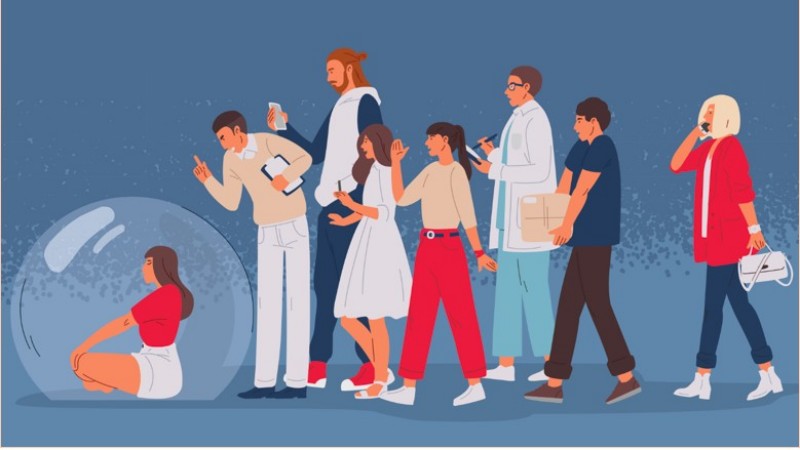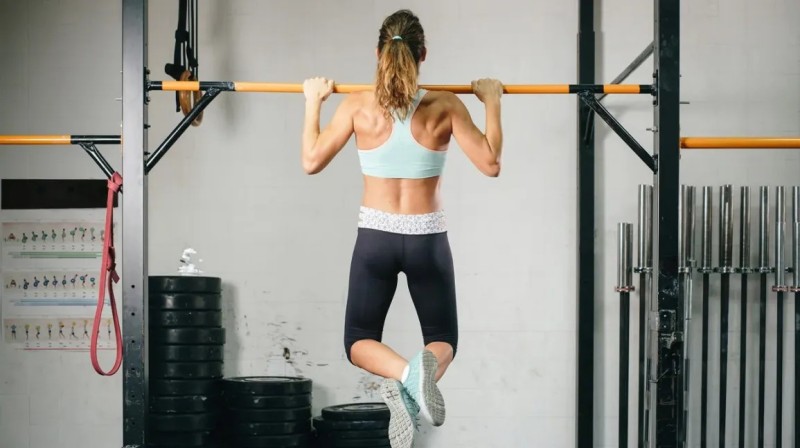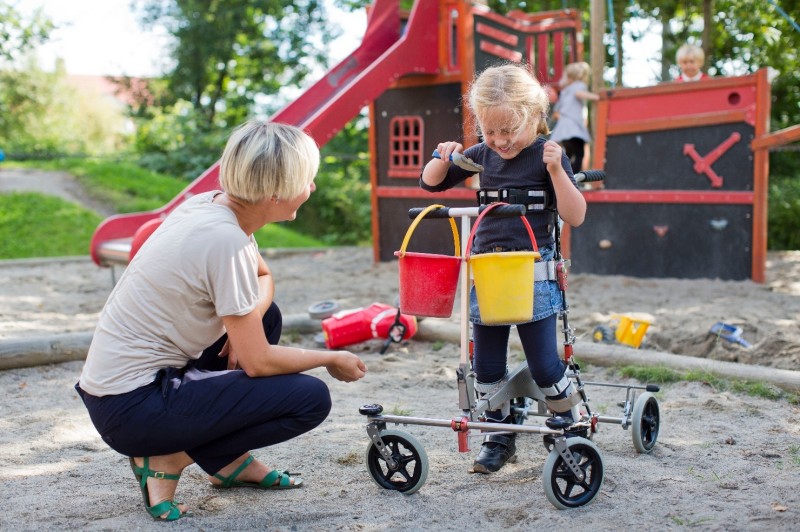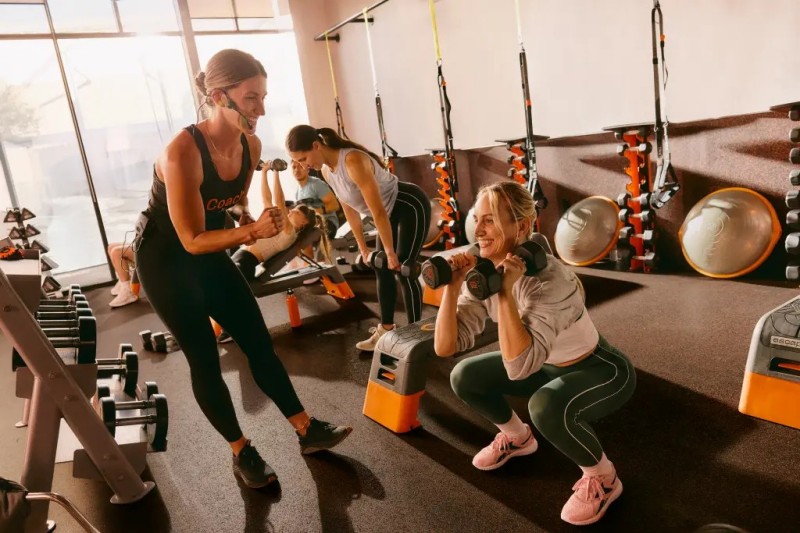Increasingly, people are turning to low-impact alternatives to achieve a healthier lifestyle. These alternatives, which range from exercises to beauty products and dietary changes, are designed to have a minimal effect on the body and the environment while still delivering significant benefits. This article explores these low-impact alternatives and provides practical tips on how to incorporate them into your daily life.
Exercise is a key component of a healthy lifestyle. However, high-impact exercises such as running or jumping can often lead to injuries, especially for those who are new to fitness or have pre-existing conditions. Low-impact alternatives, like swimming, cycling, or yoga, can be just as effective at burning calories and improving cardiovascular health, according to a 2022 study from the Journal of Sports Medicine. These activities also put less strain on joints and muscles, making them a safer choice for long-term fitness.
When it comes to beauty and skincare, many products on the market are full of chemicals that can be harsh on the skin and detrimental to the environment. The beauty industry has seen a shift towards low-impact alternatives, with brands offering products made from natural ingredients that are gentle on the skin and eco-friendly. For instance, instead of using a chemical-laden face wash, you could opt for a cleanser made with plant-based ingredients. Not only will your skin thank you, but you’ll also be reducing your environmental footprint.
Adopting a healthier diet is another way to embrace low-impact alternatives. Instead of relying on processed foods, which are high in salt, sugar, and unhealthy fats, consider incorporating more whole foods into your diet. Fruits, vegetables, lean proteins, and whole grains are all nutrient-rich options that can boost your health without the negative impacts associated with processed foods. A 2023 study from the Journal of Nutritional Health found that people who consume a diet rich in whole foods have lower rates of heart disease, diabetes, and obesity.
Low-impact alternatives aren’t just about what you do or what you consume, but also how you do it. For example, consider how you travel. Rather than driving, which contributes to air pollution and can be stressful, consider walking, cycling, or taking public transportation whenever possible. These alternatives are not only better for the environment, but they can also provide opportunities for additional exercise and stress relief.
Lastly, let’s not forget about mental health. High-stress lifestyles can take a toll on your mental well-being. Low-impact alternatives like meditation, mindful breathing, or even simply taking time out of your day to relax and enjoy a hobby can significantly improve your mental health. These activities can help reduce stress, improve focus, and promote overall well-being.
To conclude, low-impact alternatives are about making choices that are gentler on our bodies, the environment, and our mental well-being. By choosing these alternatives, we can lead healthier and more sustainable lives. So why not start today? Pick one area of your life where you can make a low-impact change and start experiencing the benefits.










 : eval()'d code(1) : eval()'d code(1) : eval()'d code(1) : eval()'d code</b> on line <b>2</b><br />
https://mindbodyfuell.com/wp-content/themes/baobao/default.jpg)
